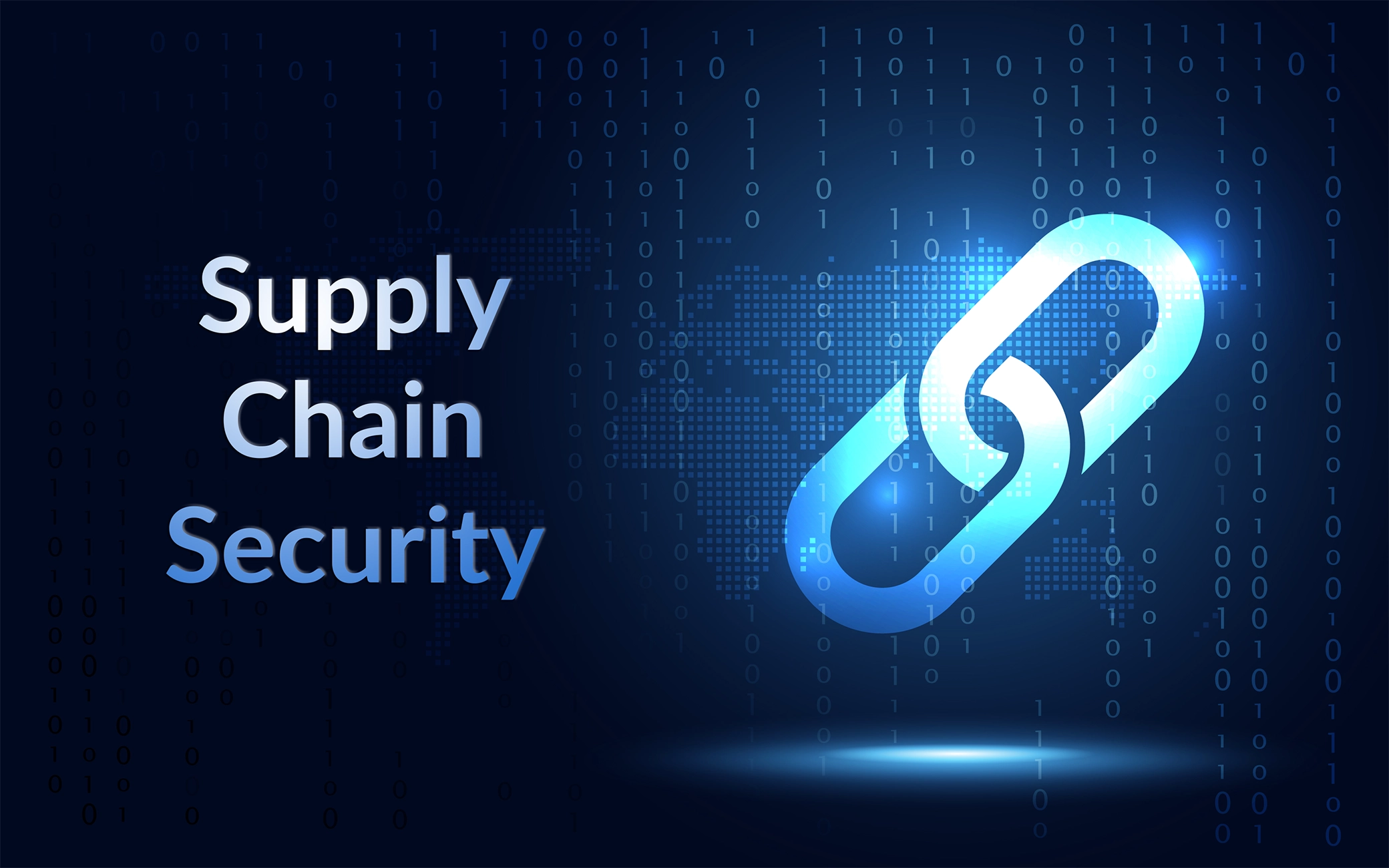Purposes
The purpose of the workshop was to review the essential elements of establishing and enhancing supply chain security for nuclear facilities. The workshop included discussions on defining common concepts, roles, responsibilities, risk assessments, compliance, and response strategies. The workshop was designed to foster an engaging environment where various stakeholders, including industry and government representatives, explored challenges and best practices across critical topics in nuclear supply chain security. Through presentations, expert-led panel discussions, real-world case studies, and focused Q&A sessions, participants gained a comprehensive understanding of the unique demands and security vulnerabilities in the nuclear supply chain.
Workshop discussions allowed participants to better understand the nuclear supply chain’s structure and stakeholders, the associated security risks and possible mitigation measures, the impact of regulations on supply chain operations, the importance of vendor and supplier management, and the process for testing supply chain security arrangements. By the workshop’s end, participants had a thorough grasp of nuclear supply chain security challenges, industry standards, and actionable strategies to strengthen the resilience and reliability of nuclear operations.
This workshop began by grounding participants in the basics of the nuclear supply chain, with fundamental aspects of nuclear-specific supply chain dynamics, major stakeholders, and security concerns. Invited experts answered questions on these topics, setting the foundation for further discussions. Discussion and case studies applied these concepts to real events, allowing participants to examine how various security strategies are applied and extract lessons learned. This interactive approach encouraged attendees to engage critically with the proposed materials and examine supply chain challenges in practice.
The workshop then moved into risk assessment including the process for risk identification across different supply chain stages and establishing a graded approach to security measures. Engaging presentations and case studies will allow attendees to examine how risk assessment is put into action and how resilience planning is vital to continued operations in the event of disruptions. Participants were encouraged to think about the practical implementation of resilience principles, from incident response planning to business continuity.
The roles and responsibilities session tackled the significance of well-defined roles across the supply chain, particularly the importance of a robust security culture, international collaboration, and effective employee training. Experts addressed the influence of organisations like the IAEA in bolstering global nuclear supply chain security. Here, participants learned practical methods for enhancing security awareness and the importance of a collaborative approach to vendor management and regulatory alignment.
A crucial portion of the workshop focused on regulatory compliance and vendor management, exploring the regulatory landscape, relevant standards, and how these are integrated into procurement and vendor management practices. Experts discussed how compliance and contractual security requirements directly impact the supply chain’s reliability, emphasising the importance of setting high standards with suppliers and ensuring adherence to these standards. By examining real compliance and vendor-related incidents, participants saw how these principles play out in practice and understand the repercussions of lapses in oversight.
The workshop concluded with an in-depth discussion examining how to enhance supply chain security through testing. This discussion included testing protocols for asset integrity, protecting goods in transit, and safeguarding digital assets. Invited experts discussed the technological tools and methodologies used in this area, while a final case study will present an incident where supply chain testing was challenged due to various factors leading to valuable lessons on asset verification, protective measures, and resiliency.
Objectives
The key expected outcomes from this engagement included:
- Enhanced Understanding of Nuclear Supply Chain Security: Participants gained a comprehensive understanding of the unique aspects and challenges of securing nuclear supply chains, including the roles of stakeholders, regulatory frameworks, and best practices for risk mitigation.
- Practical Application of Risk Assessment and Resilience Techniques: Attendees learned to assess and identify risks across different stages of the nuclear supply chain and develop responsive strategies to enhance resilience, preparing them to respond effectively to potential disruptions.
- Strengthened Regulatory and Compliance Knowledge: Through discussions on regulatory requirements and real-world case studies, participants deepened their knowledge of compliance standards and understand how to integrate these into procurement and vendor management processes.
- Improved Vendor and Supplier Management Skills: Participants learned methods for setting security expectations, evaluating supplier trustworthiness, and maintaining compliance, improving their ability to manage and secure supplier relationships within the nuclear sector.
- Development of Actionable Lessons from Case Studies: By analysing actual incidents, attendees were equipped with actionable lessons learned from both successes and failures in nuclear supply chain security, enhancing their ability to apply these insights to their own organisations.
Audience
The workshop was open to a group of around 50 participants from all over the world.
The target audience for this event was individuals who have a responsibility for the security of nuclear materials and nuclear facilties. Targeted participants included representatives from nuclear operating organisations, nuclear technology vendors, regulators and technical support organisation, supply chain specialists, law enforcement agencies and relevant international organisations.
There were no fees to attend the workshop. Participants were expected to cover their travel and accommodation costs themselves.
Process
This event was interactive and professionally facilitated.
The workshop was built around a number of presentations as well as case studies and breakout sessions that enabled participants to further explore the topic and share their experience and lessons learned.
Experts from the nuclear industry and other critical infrastructures were invited to share their experiences and lessons learned from implementing security arrangements for the supply chain.
An instant electronic voting system allowed participants to provide their views on questions put to the workshop by anonymously registering their opinions using a keypad.
The workshop was held in English. The discussions were unclassified but subject to Chatham House rules (what was said can be reported, but not attributed).
